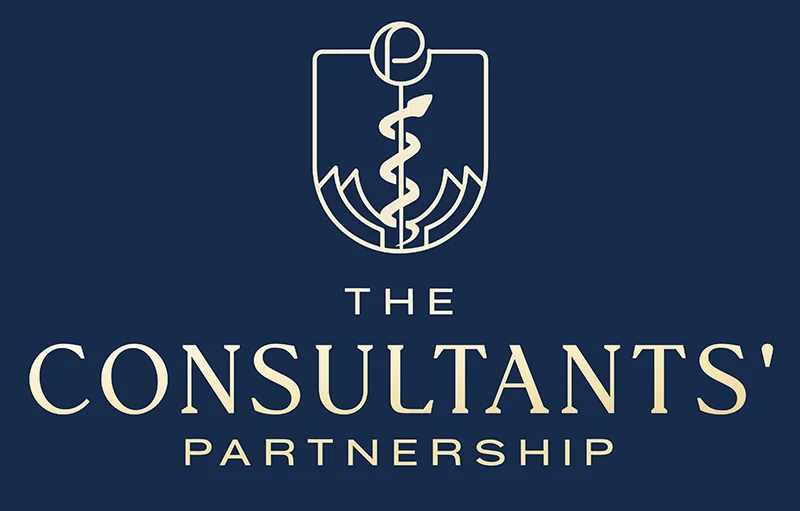Patients
A Patient’s Guide to Private Practice
Benefits of private practice
Most patients choose to be treated privately to avoid long waits on the NHS. They also want to be treated promptly after their consultation. They have a choice of hospitals and most importantly can choose their doctors.

Benefits of private practice
Most patients choose to be treated privately to avoid long waits on the NHS. They also want to be treated promptly after their consultation. They have a choice of hospitals and most importantly can choose their doctors.
Paying for private practice
Historically most patients were covered with an insurance policy from a private medical insurer (PMI). Nowadays more patients choose to pay themselves are are called self pay. A few may be guaranteed either by another individual, an employer or an overseas embassy.
You will receive a bill from your primary consultant (the surgeon or physician), and support consultants such as an anaesthetist, plus the hospital. Each of the three is independent of the others. In some cases the bill will go directly to the insurer or guarantor, in others the patient. The patient remains responsible for all bills even if they have insurance so it is important to compare the quotes you receive against the level of benefit you have purchased and to ensure your condition or operation is not excluded under your policy.
How to choose a doctor
All doctors should be registered with the General Medical Council. A consultant should in addition be on the GMC specialist register but any doctor can set themselves up in private practice. You can check a doctor at https://www.gmc-uk.org/registration-and-licensing/our-registers.
If you have medical insurance your insurer may ask you to see a particular doctor. They may claim he is recognised by the insurer. This merely means the doctor has agreed to restrict their fees to the amount demanded by your insurance company. It is no reflection of skill or experience. Your general practitioner is always a good starting point as they should be aware of which doctor has a particular interest in your condition in the area. If you have had private treatment before you can also ask the doctor you saw. Most consultants refer patients to each other, often work in the same NHS hospital and are aware of reputations. Anaesthetists in particular work with multiple surgeons in the same operating theatre and can be a valuable source of advice.
The Consultants Partnership is an organisation set up to support consultants in private practice and to maintain standards. All our members are on the specialist register. They have undertaken to run their practice to a high standard, to provide a quotation of their charges in advance, to discuss the various treatment options and ensure they are providing the latest treatment. You can find a list of our members and their contact details HERE
Other advice
As patients move from hospital to hospital, from NHS to private and vice versa, and even between countries, it can be a challenge to ensure your previous medical history is fully integrated into your care. Unfortunately the UK government has repeatedly refused to allow private doctors to access your NHS notes even though the doctor is often employed in the same hospital on the NHS.
Meantime it is always a good idea to ask for a copy of each medical episode:
- Every time you see a consultant they will write a letter or summary and can email you a copy.
- Every blood test leads to a report that you can be copied into.
- Every X ray is reported.
- Every hospital admission results in a summary and…
- Every operation and anaesthetic creates an operation note and anaesthetic chart.
It is relatively simple to ask for these documents and store them on your phone or laptop in a folder which can then be forwarded to a new doctor before you see them. It can also be provided to preassessment so your anaesthetist has your details before an anaesthetic and can avoid the time and cost of repeating tests.
When things go wrong
The vast majority of concerns by patients after medical treatment are due to misinformation or failure of communication. Your doctor should tell you both verbally and in writing what treatment they are recommending. If they prescribe drugs they should inform you of side effects. You will be asked to sign a consent form before any operation which must list all complications. Please read it carefully, ask any questions and keep your copy.
If you have concerns after your operation please contact the relevant doctor. Most doctors want to know about any concerns and will be pleased to discuss them. If your concern is about the treatment contact the lead doctor. If about the anaesthetic, pain or nausea email the anaesthetist as a surgeon cannot help you. In the case of a hospital you should write to the CEO. Every concern should receive a written reply and also tell you how to take your concern further if you are not satisfied.
If your doctor is a member of The Consultants’ Partnership you can then email us at board@theconsultantspartnership. We are not a regulator but we can often help you liase with the member and offer advice. This does not prevent you then complaining to the General Medical Council.
